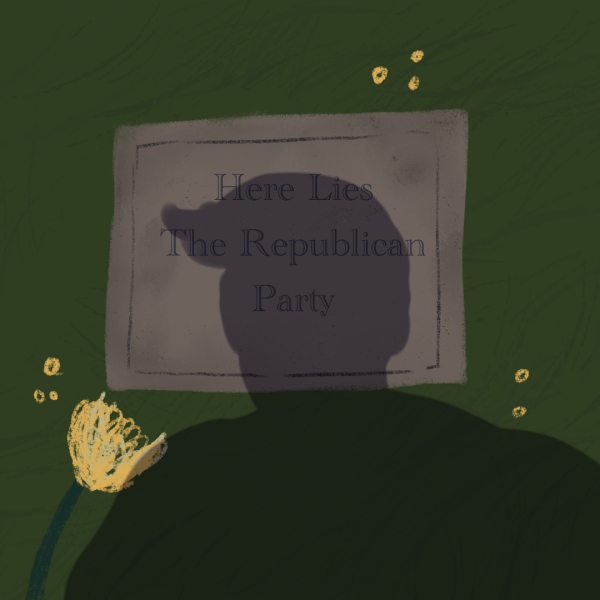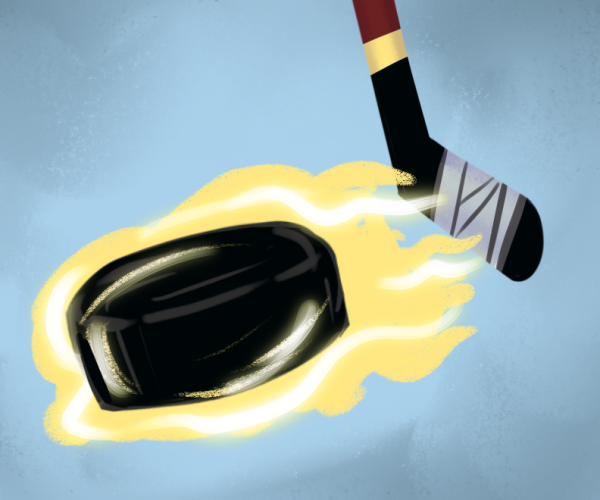Our View: The environmental dilemma
March 31, 2014
Recently, it seems we’re living inside an environmental geology textbook. It’s an age of natural catastrophes, from the freakishly unexpected to the humorously head-scratching to the seriously devastating, that have impacted both local communities and widespread nations of people.
Without even doing a Google search, most of us can name recent events that are either climate or weather-related: Hurricane Sandy on the East Coast, record drought conditions in the West, earthquakes in Los Angeles, a mudslide in Washington state — a sinkhole on Kent State’s campus.
It also seems that our human tendency to ignore things that don’t happen a lot is being shaken awake by these happenings. Or at least it should be.
Two stories appeared on the front page of The New York Times on Monday, related only subliminally. One tells of a hellish warning issued by the United Nations’ Intergovernmental Panel on Climate Change, a group of hundreds of scientists that comprise the world’s authority on climate-change science. It won the Nobel Peace Prize in 2007 for being one of the pioneers that emphasized the real effects of global warming.
The other story: “Two Earthquakes Put Preparedness Back on Californians’ Map.”
The problem that emerges fighting the evils of global warming is seen again and again in smaller disasters. We — this is the broadest possible “we” — are not willing to invest in preventing long-term environmental changes.
Each environmental disaster carries with it a solemn acknowledgment that, well, something could’ve been done to prevent it. And now, we’re learning that geologists warned officials in Washington against building new houses in the landslide-prone area.
We always know these things are going to happen. But we are willing to bet that they won’t, or that they won’t hurt us as much, or that they’ll hurt someone else more.
With that thinking, gambling on global warming has high stakes. The U.N. panel’s report quantifies a warming climate in ways that sound science fiction and yet so familiar, emphasizing that changes are already happening and the worst is yet to come.
Among the most apocalyptic predictions is that global food security would be hit the hardest, leading to resource wars, a hunger crisis and “economic shocks.” It’s already happening out West, the report states, as less mountain snowfall is threatening water supplies for farmers.
It’s hard to imagine we’ll ever be in front of global warming enough to prevent it. It takes the collective whole as a society, something that the Stater is not naively optimistic enough to believe will happen in our lifetime. Even the U.N., the Times reports, has given up on the notion of solely preventing global warming by cutting emissions and is now promoting adaptation to the inevitable.
But where the disaster can’t be prevented, it can always be mitigated. We can adapt to our environment just as we’ve done for thousands of years. Granted, this one will be a little tough — perhaps the most difficult adaptation yet. (How do you adapt to a sinkhole? You can’t.)
However, as any useful self-help guide will tell you, step one is admitting there’s a problem.
The above editorial is the consensus opinion of the Daily Kent Stater editorial board.
























